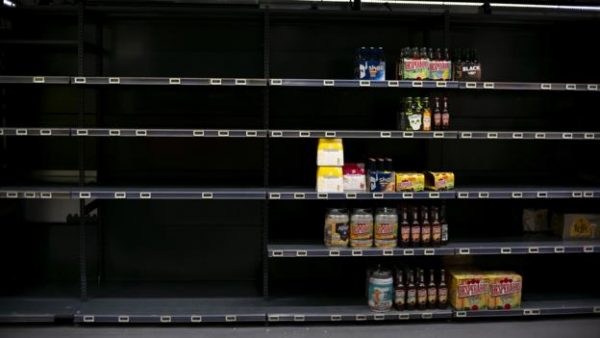
Another mechanism, often used in parallel to longer operating times, is to cut down on the variety of different products being made – trading product range to focus on volume. Pasta companies, for example, can halt different varieties and sizes of pasta to only produce the core types, Garza-Reyes says. UK supermarket chain Tesco is supplying up to double its normal quantities of milk, bread, rice and pasta while simplifying its orders, such as refocusing milk production to two and four pints.
Manufacturers can also increase capacity by outsourcing some of their production to other companies nationally or abroad. “This is pretty much similar to what the UK government is doing by hiring private hospitals to boost the capacity of the NHS,” Garza-Reyes says.
Yet while most companies are capable of increasing production in drastic ways, for many of them, the effect of this increased food demand is a much quieter affair. Steve Gonzalez, founder of organic pasta company Sfoglini, which produces about 6,000 pounds (2,700kg) of pasta daily, has seen a significant bump in sales since shoppers began clearing shelves. He typically orders one or two truckloads of semolina flour per month to produce pasta in his New York factory, which is then sold by Whole Foods, Stop & Shop and other retailers. In March, he had to order just three – a nonissue for a company like Sfoglini with the bandwidth to adapt.